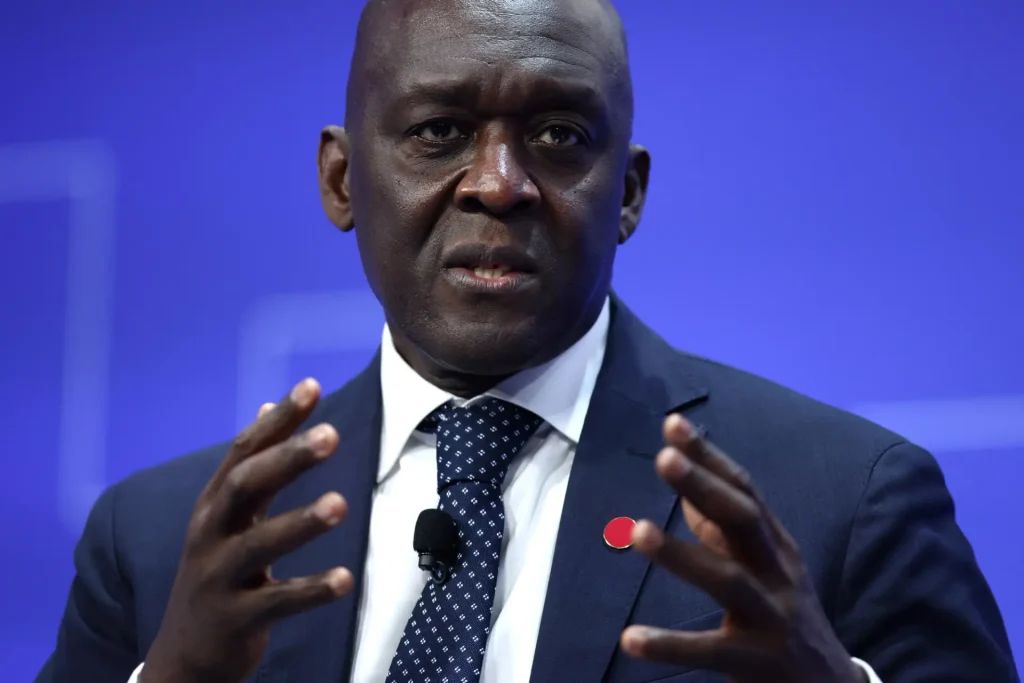The International Finance Corporation (IFC), the private sector arm of the World Bank, is preparing to ramp up its equity investments across Africa over the next five years in a bid to spur business growth on a continent still grappling with high levels of debt.
IFC Managing Director Makhtar Diop told that the initiative is part of a broader global strategy to expand the organization’s equity portfolio and promote transformative development, particularly in emerging markets. Diop, a former finance minister of Senegal and the first African to lead the IFC, emphasized the urgent need for equity in African economies where companies often face excessive debt burdens.
“Equity is scarce but crucial for growth,” Diop said. “Many firms are over-leveraged due to insufficient equity, which impacts profitability. Our goal is to boost equity financing and help firms tap into capital markets.”
In 2024, Africa became the largest recipient of IFC investments, securing a record $14.2 billion — a 23% increase from the previous year. The rise continues a four-year trend of growing investment, despite economic pressures from global events such as the COVID-19 pandemic and the war in Ukraine, both of which increased borrowing costs across the continent.
The IFC’s recent investments have spanned key sectors including clean energy, agriculture, manufacturing, digital infrastructure, and business development. As part of a newly adopted strategy, the organization is now working with leading African banks to identify high-potential companies that could benefit from equity funding. According to Diop, equity allows companies more flexibility to grow, innovate, and scale without the immediate financial burden of loan repayments.
To further support this push, the IFC is launching initiatives aimed at backing African-led private equity funds by absorbing initial investment losses — a move designed to lower risk and unlock capital for a broader range of businesses. Diop also said efforts are underway to mobilize more domestic financing from African pension funds and institutional investors.
Diop explained that the focus on equity could help create a new generation of “African champions” — companies with the scale and strength to compete both regionally and globally. This approach is seen as a way to counteract the harmful impact of recent economic shocks and rising global debt costs, particularly as U.S. policy shifts threaten to increase financial pressures on African borrowers.
While private equity remains limited in Africa due to concerns over currency risk, inflation, and political uncertainty, Diop believes the IFC’s equity-led approach offers a more resilient path to long-term development.
Beyond equity, the IFC is also ramping up investments in Africa’s digital economy, recently committing $100 million to Raxio Group, a developer of data centers. Diop also noted a sharp increase in the organization’s involvement in the mining sector, particularly in infrastructure supporting critical minerals.
Meanwhile, other regional finance players are stepping up. The Nigeria-based Africa Finance Corporation is working to mobilize greater domestic investment amid fears that U.S. aid cuts could strip billions from African projects. CEO Samaila Zubairu said tapping African pension funds could unlock $15-$20 billion in new capital, while interest from Gulf and European investors continues to grow.
As African companies struggle to find a middle ground between small-scale financing and large private equity backing, many are left relying on costly debt. The IFC’s expanded equity strategy aims to fill that gap — offering a lifeline to businesses seeking sustainable growth.


